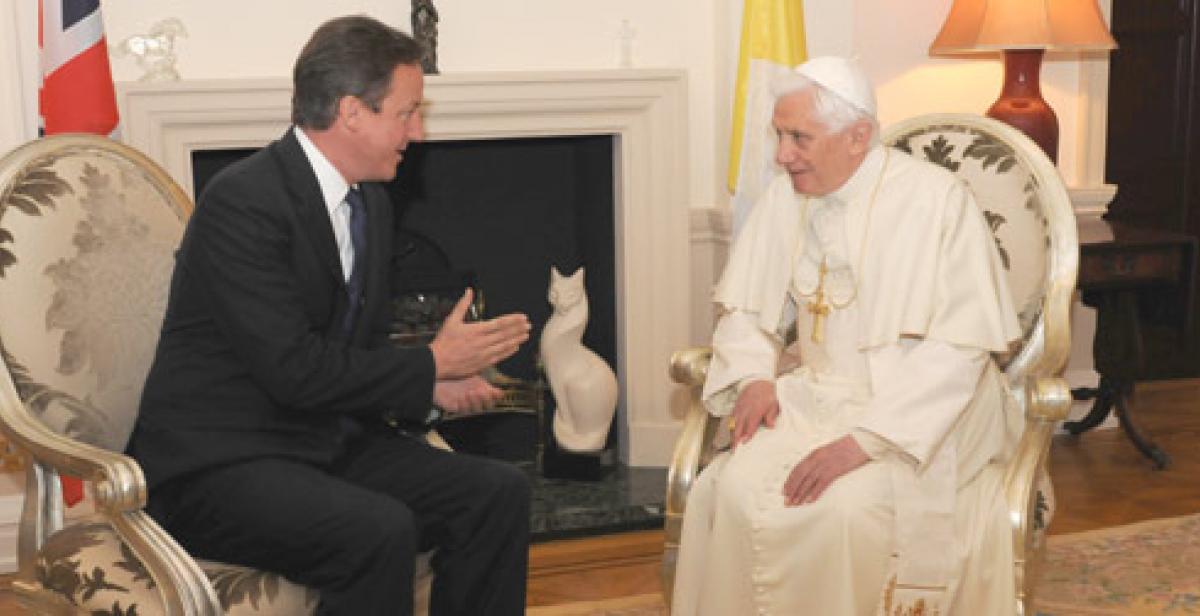The coverage of this month's Papal visit focused on many things. From the set piece church services and planting of kisses on babies’ foreheads to whether the UK is becoming “aggressively secular” or not.
But I’d like to highlight a few points which lay at the core of the visit but which formed little of the commentary; issues close to the heart of the communities that Progressio works with in the developing world.
The visit prompted close discussions between the Vatican and the UK government about the shared challenge of tackling global poverty. As the Pope boarded his flight back to Rome, the Deputy Prime Minister, Nick Clegg, and the UK’s International Development minister, Andrew Mitchell, were packing their cases for another vital summit in New York to discuss progress on tackling the Millennium Development Goals (MDGs).
With just 5 years to go until 2015 – by which time world leaders had declared that poverty would be halved – progress on the MDGs has in fact stalled, and in some places even reversed. The limited progress that has been made was hit hard by the global financial crisis which has damaged economies and slashed aid budgets around the world.
Speaking to government ministers in Westminster Hall, Pope Benedict highlighted the importance of sticking with the challenge. He said the UK has a particular responsibility as a powerful country. He noted the commitment of the UK government to provide 0.7% of national income as overseas aid. In response, the Prime Minister, writing in The Tablet the same day, reiterated this same key commitment. It was a very public statement of support for meeting our responsibilities ahead of the upcoming comprehensive spending review – and surely a bid to fend off those who have been calling for the UK's development budget to take a hit.
And to drive home the point, along with other Progressio supporters, I was part of a group which presented a Progressio petition urging continued strong commitment to the MDGs to the Secretary of State, Andrew Mitchell. Just minutes before he left for a meeting with the Vatican delegation, we spoke about why meeting the MDGs is an urgent reality for the communities with whom we work.
Climate change was not forgotten either. It featured strongly on the Pope’s agenda – and was given an honourable mention too by the Queen in her welcome address when the Pope arrived at Holyrood. The PM too took time to address issues of climate change while the Pope was in town. After the disappointments of last year’s Copenhagen climate change conference it is good that from the very top we continue to see promises to take action – promises which must now translate into results.
All this is useful stuff for campaigners – we should tuck these speeches into our pockets and be ready to push them under politicians' noses if they look like they are back-tracking on commitments.
But let us also hope that one of the deeper messages brought by the Pope left its mark: that as a rich, powerful country, the UK has a responsibility to act in the interests not just of its own nationals, but of the vulnerable and the poor – and of the future generations who will inherit – for good or ill – the world that we leave them.
Tim Aldred is Progressio's Advocacy Manager
Photo: The British Prime Minister David Cameron meets with the Pope during his visit to Britain on 18 September 2010. (Photo © The Prime Minister's Office)



